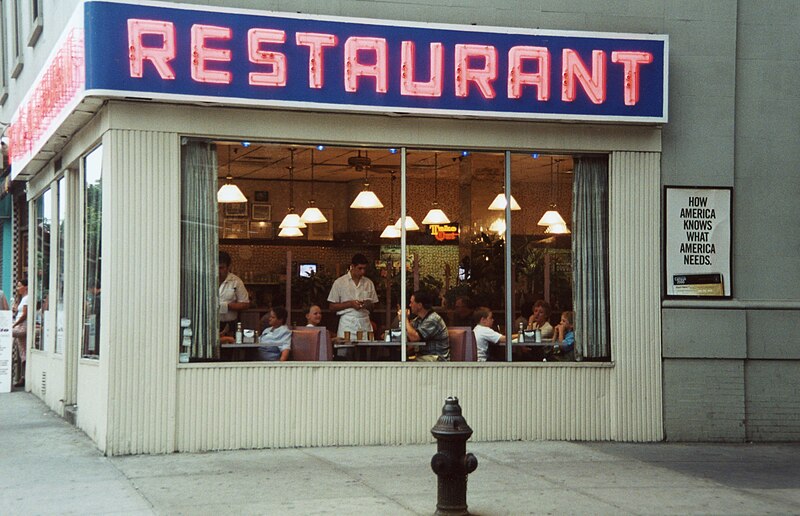Imagine if you were asked to tip someone after just having a conversation with them. That’s essentially what American tipping culture has become.
American tipping culture is getting out of hand. Consumers get asked for tips so often now that the view on tipping is beginning to change. Most servers at restaurants make way less than minimum wage, at or around $2 an hour, and are starting to get tipped the same as people who make at least minimum wage or higher.
The average barista makes around $10 an hour in North Carolina, but everytime you go get coffee, you get asked if you would like to leave a tip. The same thing happens at sandwich shops like Jersey Mike’s, Subway, and Jimmy John’s.
While baristas, sandwich shop workers and others may have as much job responsibility as restaurant servers, they are making around four to five times more than them. While I understand why those workers ask for tips, I don’t think the standard tip for them should be as much as it is for servers.
As someone who has personally worked in food service, I can say that it is definitely a lot harder than it looks and there is a lot more to the job than you think. As a waitress, I made $2.13 an hour, plus whatever tips I made. If I wanted to make good money, I had to work hard and earn it.
As a server, all the paychecks I received with my hourly wage said “THIS IS NOT A CHECK” because the amount I earned hourly was so low that all the money went to taxes. The only money I made was the money I was tipped, which gave me an incentive to give the best customer service possible.
In restaurants I’m familiar with, many people who wait tables have no other form of income. One bad table can change a shift for some servers. A slow day at work means you could work for anywhere from 8 to 12 hours and only walk out with about $100.
With other service jobs like baristas, fast food workers, etc., you have a set wage, so even if you don’t make any tips, you still get to walk away with guaranteed money. You can walk into work knowing the amount of money you will make that shift, while many servers don’t have that luxury.
The standard for tipping in America is around 15-20%, and around 25% for outstanding service. As more and more places are starting to ask for tips, consumers have started to lower the standard again.
There are people that will tip 10-15% at coffee shops, sandwich shops, and other places that ask for tips, but still tip 20% at restaurants. Then, you have the people who will tip 10-15% everywhere, including restaurants, because they are tired of getting asked to tip everywhere they go.
You also have people like me, who will tip at least 20% or higher everywhere they go. When I go to restaurants, I try to tip between 20% and 25% every time I go, regardless of the service, because I know what it is like to be on the other side of it. I used to tip 20% at coffee shops and other places because I felt bad not tipping right in front of a worker’s face, but now I realize I shouldn’t have to.
The main way coffee shops and other places are getting tips is because their employees will turn a screen toward you to select a tip and watch you use that screen. That will often cause people to feel bad and tip because they don’t want the worker to think of them a certain way.
If someone is making an hourly wage that is higher than the minimum wage, you shouldn’t have to tip them — and you shouldn’t feel bad for not tipping either.








Pulkit • Jan 14, 2024 at 12:05 am
The restaurant owners should pay the workers a fair wage. If the business cannot pay its employees fairly, the business should not exist.